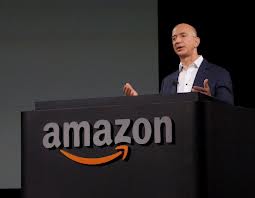Unsecured business loan
An unsecured loan is a loan that is not backed by collateral such as property, whether it is land, an investment property, the family home or a commercial property.
As an unsecured business loan is not backed by collateral, it represents greater risk to the lender and the rate is typically higher to compensate the lender for the greater risk being assumed.
Does your Business have a need for cash flow right now?. Australian Mortgage Centre can offer a fast, flexible and simple solution for any business requirement.
You may need funds for the below:
- Funds to start new contacts or jobs
- Debt Consolidation
- Operation Expenses
- Marketing & Advertising
- Renovations
- General working capital
- ATO tax arrears ( lending parameters )
- Opening new sites
- Purchasing Inventory/EquipmentDo you meet the following?
- Trading for a minimum of 12 months
- $5,000 per month in revenue
We have made it easy to apply with:
- No Application fees
- Unsecured Loan
- Approval within 24hours
- Payments based on cash flow
- Funding available within 3 days
Click here to apply Now unsecured business loans
- Business loans are between 3-12 months, with the average loan being 6-9 months.Loans range from $5,000 to $250,000 with easy daily/weekly repayments.


 Article by Peter Malaczynski:
Article by Peter Malaczynski:


